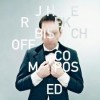 I am very sorry to say that I had not heard of Jherek Bischoff until quite recently, when he joined the marvellous musical collaboration that is Amanda Palmer and the Grand Theft Orchestra. And, to be honest, I hadn’t really registered until I got hold of Amanda Palmer’s Theatre is Evil just what an accomplished and multi-talented musician he is.
I am very sorry to say that I had not heard of Jherek Bischoff until quite recently, when he joined the marvellous musical collaboration that is Amanda Palmer and the Grand Theft Orchestra. And, to be honest, I hadn’t really registered until I got hold of Amanda Palmer’s Theatre is Evil just what an accomplished and multi-talented musician he is.
So I did some digging (and by digging, I’m talking Wikipedia and the outer limits of internet search engines). Now I’m aware that Jherek Bischoff has been in numerous bands in the experimental pop through to the avant-garde genres (The Dead Science; Parenthetical Girls…) and that he was “Raised on a sailboat and traveled the world…” I’m also going to have to come clean and say that I did this review backwards. Because although Composed was released last May, I actually heard the instrumental version, Scores: Composed Instrumentals, first.
If I can sum up Composed briefly, this album shows a lot of attention to detail. It is an orchestral pop record, which is, in itself something quite extraordinary. It is an orchestral pop record originally composed on the ukulele and then arranged for orchestra, and then recorded in the musician’s homes with a laptop and a microphone. The press release calls the album “meticulously arranged” and I would have to agree. The production is astonishingly engaging.One of the first things I have to say about Composed, and this is a passion of mine, is that it is made up of layers, and every layer feels crafted and placed very carefully in relation to each of the others. I was not at all surprised to learn that each instrument and vocal was recorded separately and pieced together like a jigsaw puzzle. It is an impressive feat of arrangement. The effect this creates is, I think, part of the hook of the album. The attention to detail comes through most clearly on Scores: Composed Instrumentals, but the vocals have also been layered into the work in the same way. I have to confess a particular favourite vocal from Mirah Zeitlyn on “The Nest”, and interestingly a track that, although I found beautiful in the instrumental album, I definitely feel is enhanced by the vocal. I’ll admit I can’t say that for all the tracks, perhaps because I heard Scores first.
On the first listen, “Eyes” took me straight into memories of watching The Avengers (the Steed and Emma Peel version, not the Marvel atrocity) as a child. Having heard both versions, I do like the David Byrne vocal, which manages to make it simultaneously also a little bit David Lynch, and to my mind this can only be a good thing. Indeed Composed does have a lot of Sixties eloquence about it, which also comes through in the Sondheim-like baroque of “Your Ghost” and, in a positive way, somehow melting into Eighties nostalgia on “Counting”.One of the things I’ve found whilst researching this album is how wonderfully the collaborations on this draw me back to other places in my own journey of musical discovery. Dawn McCarthy of Faun Fables and Deerhoof’s Greg Saunier have produced some of my favourite music of the last few years, so it is a joy to encounter their sounds in collaboration with such an expansive recording. At each listen I’m accosted by another of those layers, and some other motif will ring into my consciousness.
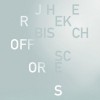 What is most notable about the instrumental album is how cinematic and evocative it is. That is not to say the potential for that is not there with the vocal album, and I have fallen in love with Mirah’s voice. But somehow the vocals are always part of the story of the song for me, and therefore the instrumental versions allow my writer’s mind to wander and make up my own stories for these very singular pieces of pop loveliness. I think the crunch comes on “Young and Lovely,” where Scores’ Sixties poptastic-ness is somehow overridden by Zac Pennington’s Marc Almond-ish self-deprecating angular vocal and Soko’s lilting breathy admonishments.
What is most notable about the instrumental album is how cinematic and evocative it is. That is not to say the potential for that is not there with the vocal album, and I have fallen in love with Mirah’s voice. But somehow the vocals are always part of the story of the song for me, and therefore the instrumental versions allow my writer’s mind to wander and make up my own stories for these very singular pieces of pop loveliness. I think the crunch comes on “Young and Lovely,” where Scores’ Sixties poptastic-ness is somehow overridden by Zac Pennington’s Marc Almond-ish self-deprecating angular vocal and Soko’s lilting breathy admonishments.
On balance, I do prefer the instrumental album for its scope. A friend likened it to listening to the score of a film you have not seen, but you know you would love. I do like that the Scores: Composed Instrumentals download comes with the full notated scores for all the music. On his blog, Jherek Bischoff has invited virtual audience participation saying:
If you play violin or most other orchestral instruments and want something to play along with, you will now be able to! If you are an orchestra, professional or middle school, you could play my music! I would love to post ensembles versions of these tunes up on this site so we can all see the results! FUN!
Both versions of Composed contain that spirit of shared experience. What I like about Composed is that, by releasing both the vocal and instrumental versions along with the scores, the listener can have their cake and play along too.
-Arwen Xaverine-
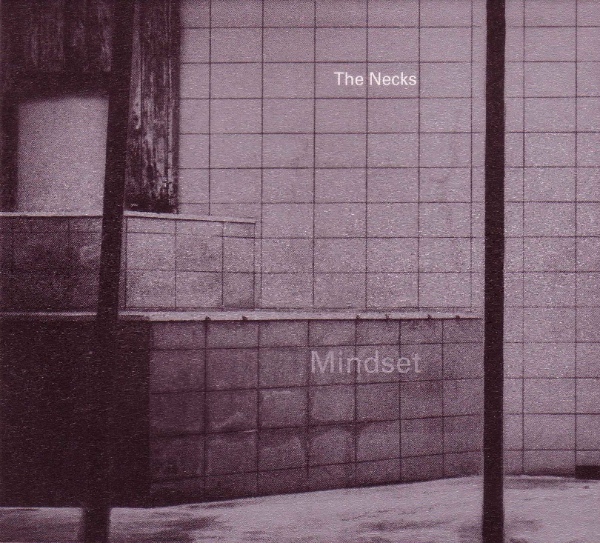
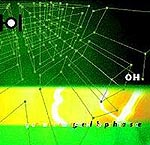

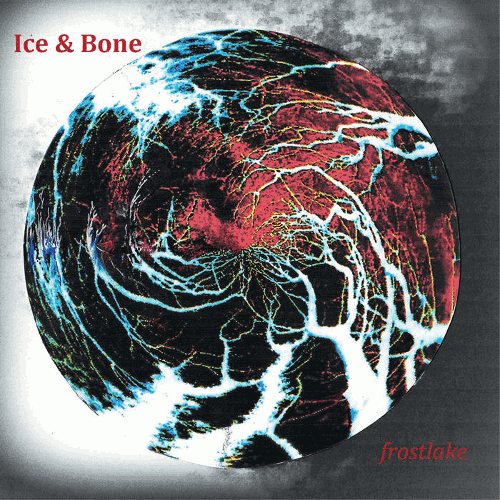
2 thoughts on “Jherek Bischoff – Composed/Scores: Composed Instrumentals”
My review of @jherekbischoff ‘s Composed/Scores: Composed Instrumentals http://t.co/47Crw5SF
Sweet review of “Scores”! RT @arwenxaverine My review of @jherekbischoff ‘s Composed/Scores: Composed Instrumentals http://t.co/wYm7rpa4